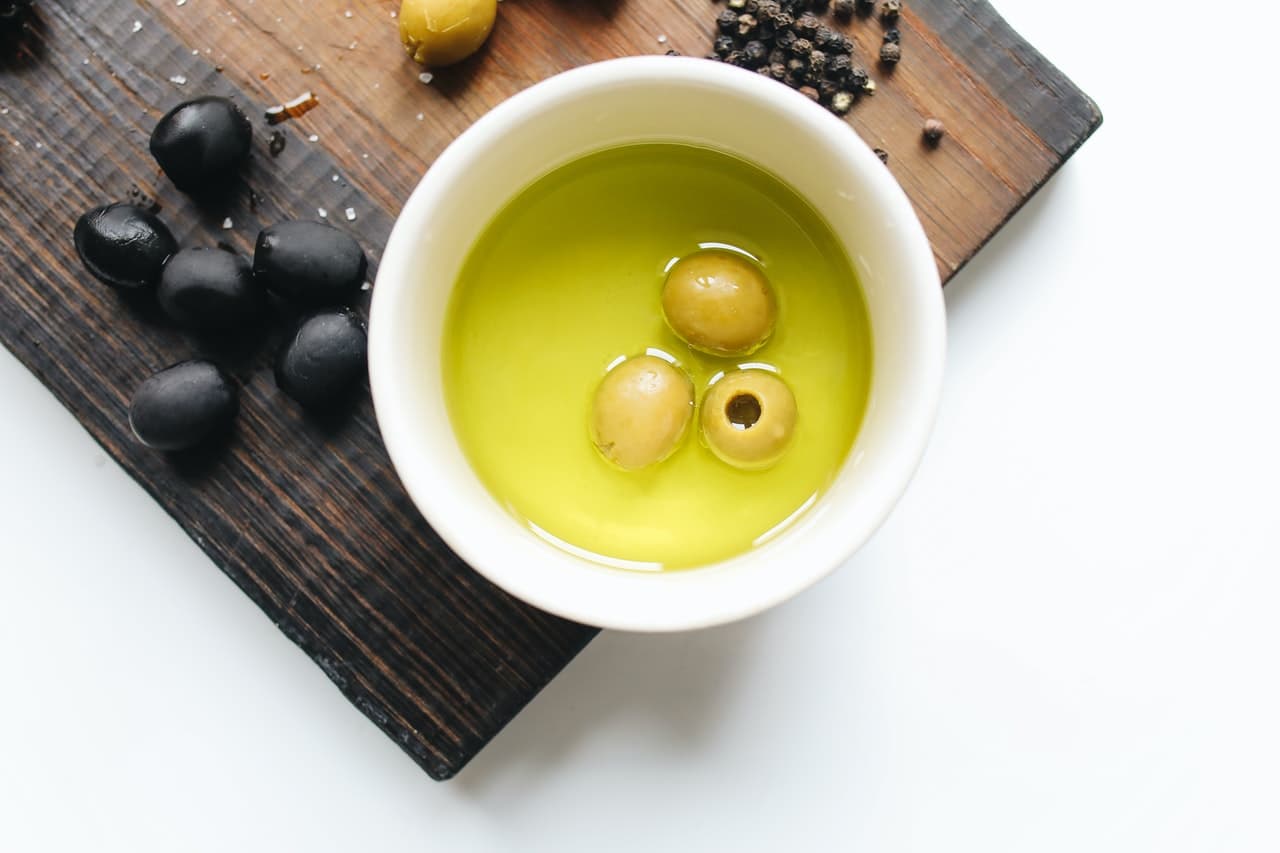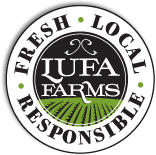discusscookingnewbie
Cook
Hi, questions in the title. As always I appreciate all of your help over the years.

Interesting article, thanks for finding and sharing it Andy.Not sure there are health differences but check this out:

Filtered vs Unfiltered Olive Oil | OliveOil.com
When choosing olive oil, there are several things to consider. Some people prefer unfiltered olive oil, others prefer filtered variants. Learn the difference today!www.oliveoil.com
We can't really tell you what is healthier, if you don't have a definition of what is healthier to you. By my standards, filtered and unfiltered EVOO are equally healthy. In this case, I would mainly be looking at differences in taste and possibly in shelf life.@thym, I dont know. I just want whatever is healthier for the human body. I dont care whatever it looks like or whatever tastes better

